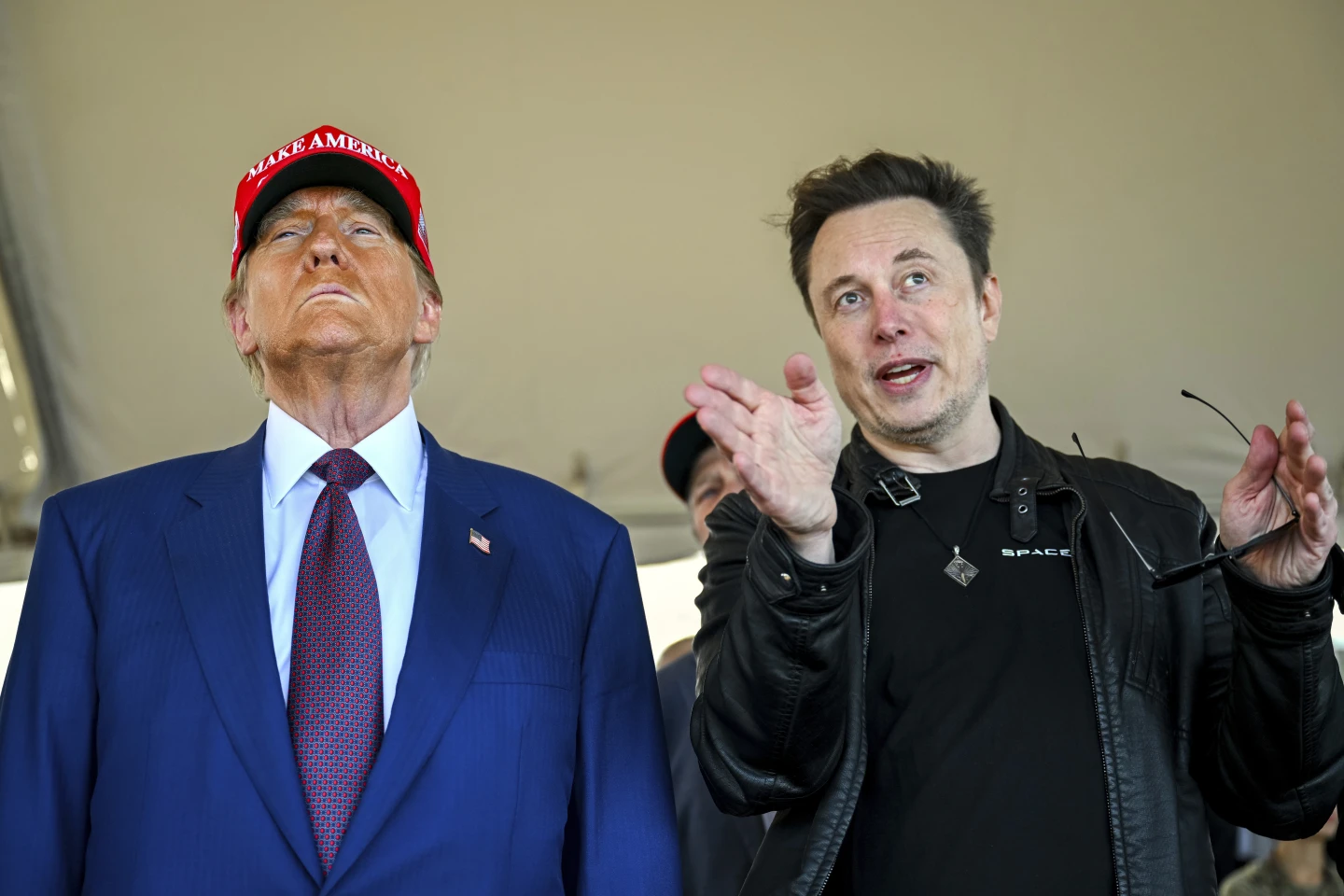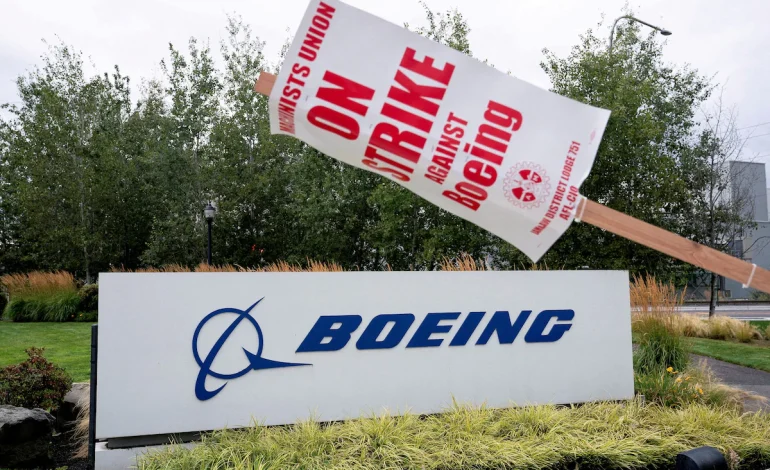Boeing workers have entered their fourth week of strike action, with no resolution in sight after recent negotiations with federal mediators broke down.
The International Association of Machinists and Aerospace Workers (IAM), representing approximately 33,000 workers, stated on Wednesday that its members are ready to continue the strike for an extended period.
In an interview with Reuters, Jon Holden, the lead negotiator for IAM District 751, expressed the union’s determination to stand firm in the face of Boeing’s recent proposal, which he described as offering only minor improvements. Boeing’s previous offer included a 30% raise and the restoration of a performance bonus, but the union rejected it, arguing it did not meet their members’ expectations.
Holden emphasized that the union has a robust fund to support striking workers, allowing them to receive $250 per week during the strike. Despite the financial strain the strike imposes on Boeing, with ratings agency S&P estimating the company loses about $1 billion each month, Holden insisted that the workers are committed to their cause.
Boeing has been grappling with financial difficulties even prior to the strike, having suffered setbacks due to a safety issue earlier in the year that hampered production and raised regulatory concerns. The ongoing strike has halted the production of Boeing’s popular 737 MAX, 767, and 777 aircraft.
As the situation remains tense, approximately 20 House Democrats sent a letter to Boeing CEO Kelly Ortberg, urging both parties to engage in good-faith negotiations to reach a timely agreement. Boeing has not commented on this correspondence. On Wednesday, Boeing’s shares fell 3.4%, marking a decline of over 40% in 2024.
In recent talks, Boeing accused the union of failing to consider its proposals seriously, leading to the withdrawal of its latest offer. Holden noted that while some union members wanted to vote on the proposal, Boeing no longer had an offer on the table.
Holden reiterated that Boeing’s proposed adjustments were inadequate and did not address key demands for higher wages and improved retirement benefits. The union is seeking a 40% wage increase over four years and has shown strong opposition to the initial contract, which offered a 25% pay raise.
Boeing’s Commercial Airplanes head, Stephanie Pope, declared the union’s demands as “non-negotiable,” suggesting that further negotiations were not feasible at this time. Meanwhile, Holden expressed confidence that there is still room for movement in the discussions.
As the strike continues, Boeing is exploring options to raise capital, potentially selling stock and other equity-like securities to bolster its financial position. The company has also initiated temporary furloughs for thousands of salaried employees.
The IAM and its districts have criticized Boeing for refusing to negotiate beyond what they call the “best and final” offer, with Holden attributing the breakdown in negotiations to leadership decisions made by Ortberg.
The union’s last strike in 2008 lasted 54 days, and this current strike shows no immediate signs of resolution.
Reuters and the Washington Post contributed to this report.









